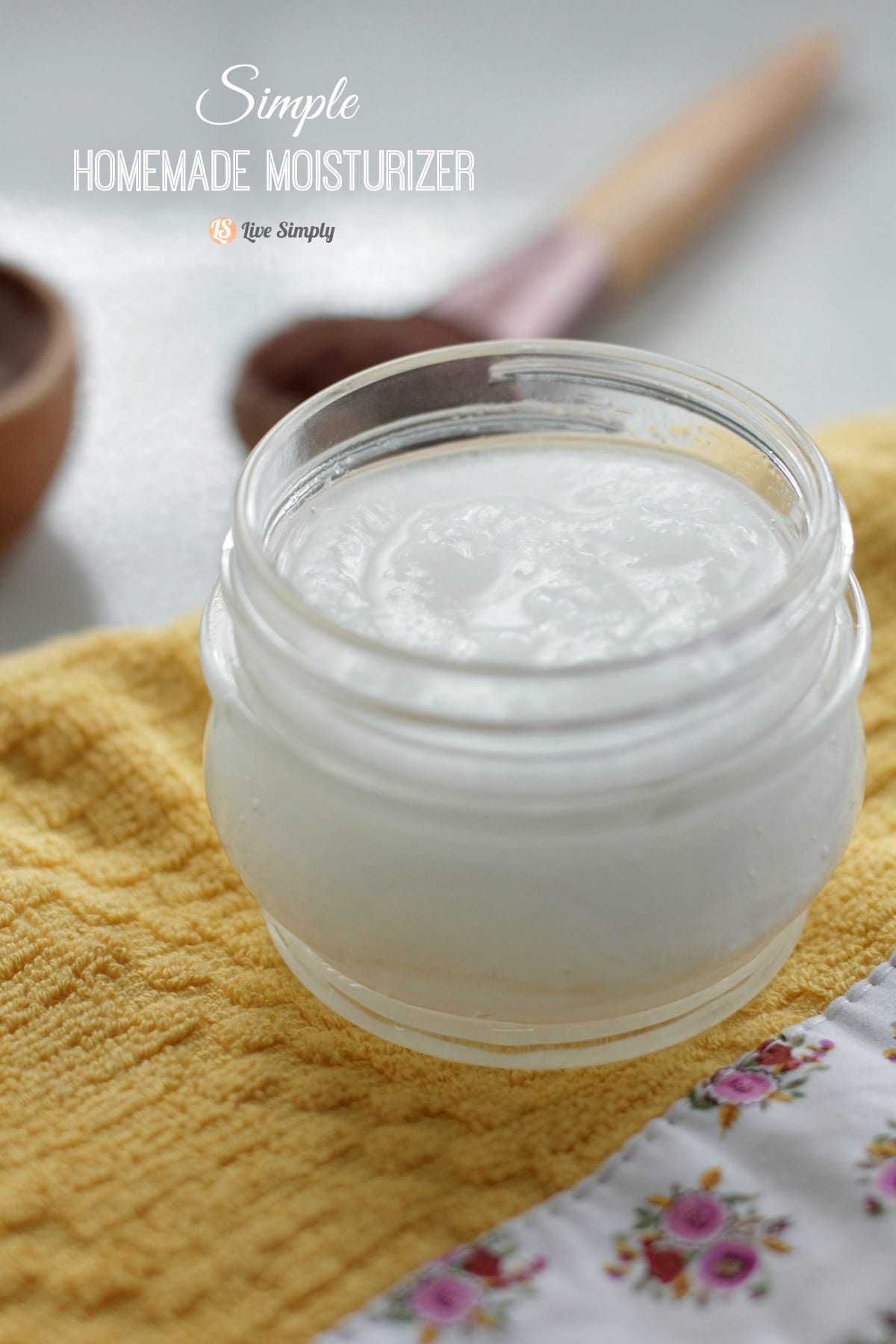Cenet Whispers
Your source for the latest insights and trends.
Moisturizer Misconceptions That Could Sabotage Your Skin
Uncover the shocking truths behind common moisturizer myths that could be sabotaging your skin's health. Don't fall for these misconceptions!
The Top 5 Moisturizer Myths Debunked: What Your Skin Really Needs
When it comes to skincare, moisturizers often become the subject of many misconceptions. One common myth is that oily skin doesn't need moisture. In reality, oily skin can still become dehydrated, which may trigger an increase in oil production as the skin attempts to compensate for lacking hydration. Using a lightweight moisturizer can help control this oiliness while providing the necessary hydration. For further reading, check out this study on skin hydration.
Another prevalent myth is that the thicker the moisturizer, the better. While a rich cream might feel luxurious, it doesn't necessarily mean it's more effective. Ingredients are key, and many modern formulations contain beneficial compounds that hydrate efficiently without a heavy texture. In fact, lighter formulations often absorb better and can deliver moisture deeper into the skin. Learn more about moisturizer ingredients from this guide.

Are You Using the Right Moisturizer? Common Misconceptions Explained
Choosing the right moisturizer can be a daunting task, especially with the myriad of options available on the market. One common misconception is that all moisturizers are the same, but in reality, they cater to different skin types and concerns. For instance, those with oily skin may believe they can skip moisturizer altogether, but this can lead to overproduction of oil. Instead, they should opt for lightweight, non-comedogenic options that hydrate without clogging pores. Understanding your skin type is crucial in selecting the right product. To learn more about identifying your skin type, visit Skin Cancer Foundation.
Another prevalent myth is that moisturizer is only necessary during dry seasons. Many people fail to realize that the skin loses moisture year-round, regardless of the weather. Additionally, individuals often assume that natural moisturizers are always better than synthetic ones, but this isn't necessarily true. What matters most is the formulation and suitability for your specific skin needs. Ingredients such as hyaluronic acid, glycerin, and ceramides can be found in both natural and synthetic products. To explore the effectiveness of various moisturizer ingredients, check out PubMed Central.
The Truth About Moisturizers: Can Over-Application Harm Your Skin?
Moisturizers play a vital role in maintaining skin hydration, but many people wonder if they can overdo it. The truth is, while applying moisturizer is essential for preventing dry skin, over-application can lead to issues such as clogged pores, irritation, and even breakouts. This phenomenon occurs when excess product sits on the skin's surface, preventing essential natural oils from performing their functions. According to the National Institutes of Health, a balanced approach is crucial for achieving healthy skin without negative side effects.
Different skin types require varying amounts of moisture, and what works for one may not be suitable for another. For instance, individuals with oily skin might find using a heavy cream unnecessary and can benefit from lighter lotions or gels. On the other hand, those with dry skin may need richer formulas. To ensure you are using the right products, listen to your skin. If you notice excess oiliness or breakouts, it might be time to reassess your moisturizer routine. For more tailored advice, consult guidelines from the American Academy of Dermatology.